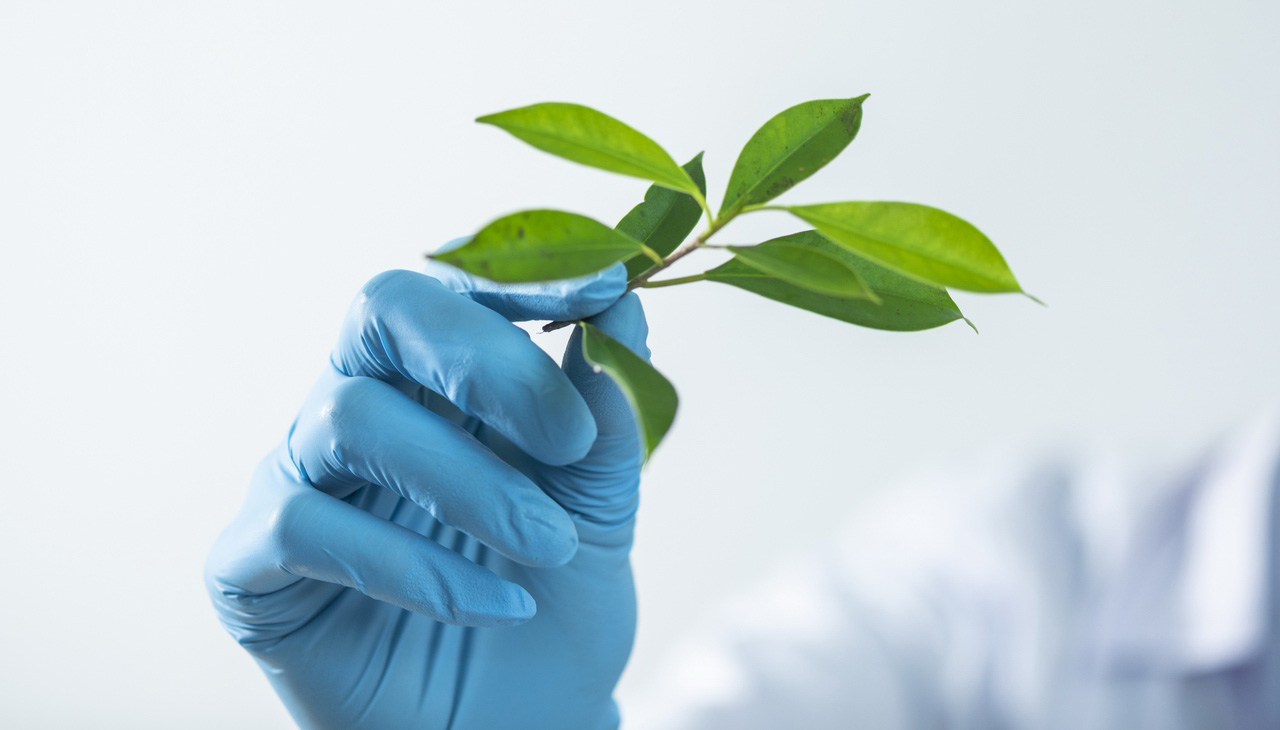
Studies conducted in Thailand have revealed that Thai herbs, e.g., Andrographis Paniculata (Burm.f.) and fingerroot (Kaempfer or Boesenbergia rotunda) can treat COVID-19 symptoms, and there have been some indications that these herbs may be able to suppress SARS-CoV-2 and stop the virus from replicating.
The COVID-19 pandemic in Thailand, along with results from research into Thai herbal remedies has led to the increase in the sale of Thai herbs. As such, many players in this area should be aware of the regulatory framework for the production and sale of such products in Thailand.
Introduction
In 2019 the Herbal Product Act B.E. 2562 (2019) (“HPA”) was issued to centralize the regulations governing herbal medicines, with the Food and Drugs Administration (“FDA”) being the competent authority under the HPA.
Under the HPA, “Herbal Product” is defined as follows:
- Medicine from herbs, including Thai traditional medicine, medicine developed from herbs, traditional medicine for human usage under the medicine laws, or medicines that are derived from the knowledge of alternative medicine as prescribed and notified by the Minter of Public Health upon the recommendation of the Herbal Product Committee, for the treatment, cure and relief of human illnesses or the prevention of diseases
- Products from herbs, or products which contain active ingredients composed of or processed from herbs, which are ready for human use to improve health or bodily functions, reinforce bodily structure or functions of humans, or lessen the risk factors for illness
- Objects which are intended to be used as ingredients in the production of herbal products
- Other objects prescribed and notified by the Minister of Public Health upon the recommendation of the Herbal Product Committee as herbal products
General Regulatory Compliance
The Herbal Product defined in items 1, 2, and 3 above excludes the following:
- Objects which are intended to be used in agriculture, industry, or which have other objectives prescribed and notified by the Minister of Public Health
- Objects which are classified as modern medicine, traditional medicine for animals, food for humans or animals, sports devices, instruments or devices used in promoting health, cosmetics, medical devices, psychotropic substances, narcotics, hazardous substances or any other objects as prescribed and notified by the Minister of Public Health upon the recommendation of the Herbal Product Committee
Based on the risk level of the indications/health claims determined and notified by the Minister of Public Health, upon the recommendation of the Herbal Product Committee, there are four categories of herbal products, as follows:
- Herbal products in respect to which a manufacture, importer, or seller must obtain licenses from the FDA (the “Licensed Herbal Products”)
- Herbal products in respect to which a manufacture or importer for sale must be registered with and obtain a certificate of herbal product formula registration from the FDA (the “Registered Formula Herbal Products”)
- Herbal products in respect to which a manufacture or importer for sale must notify and obtain a notification receipt or a listing receipt from the FDA; (the “Notification Herbal Products”)
- Herbal products in respect to which manufacture, import, or sales are prohibited
By notifying, registering, or obtaining the relevant license from the FDA, the herbal products under the HPA are exempt from compliance with the Medicine Act and the Food Act.
Licensed Herbal Products
Operators that would like to engage in the production, importation, or sale of Licensed Herbal Products, as notified by the Minister of Public Health, must apply for a license. When the FDA has issued the license, such operator can then produce, import or sell herbal products. A license to manufacture, import or sell herbal products is valid for five years from the date of issuance.
Registered Formula Herbal Products
Operators that would like to produce or import for sale Registered Formula Herbal Products, notified by the Minister of Public Health, must file an application for the registration of herbal products with the FDA. Upon receiving a certificate of product registration, the licensee can then produce or import such herbal products for sale. A Certificate of herbal product registration is valid for five years from the date of issuance.
Certain herbal products do not require registration with the FDA. These herbal products are as follows:
- samples of an herbal product to be produced or imported, to be used in the application of a product registration
- herbal products to be produced or imported for research, analysis, exhibition or donation purposes
- materials used as an ingredient in the production of an herbal product
- the production or importation of herbal products for the treatment of a particular patient, as prescribed and notified by the Minister of Public Health upon the recommendation of the Herbal Product Committee
In cases of the production or importation of herbal product samples under (A) or the production or importation of herbal products for the specified purposes in (B), the manufacturers or importers must notify the FDA in writing in accordance with the criteria, procedures and conditions prescribed and notified by the Minister of Public Health upon the recommendation of the Herbal Product Committee.
Advertisement of Herbal Products
Operators may not advertise a herbal product or the benefits of a herbal product unless he or she is granted a license from the FDA.
The application for and issuance of a herbal product advertising license must be processed in accordance with the criteria, procedures and conditions prescribed by the Secretary-General of the FDA and published in the Government Gazette. In this regard, the Secretary-General of the FDA may prescribe specific conditions for advertisements or restrict the use of advertising media. A herbal product advertising license is valid for three years from the date of issuance.
Prohibited Herbal Products
Certain herbal products are prohibited from being imported or manufactured in Thailand. These herbal products are as follows:
- fake herbal products, e.g., herbal products showing false statements regarding the manufacturer’s name, trademark, place of production, misleading labels or package inserts, expiration dates, etc.
- substandard herbal products
- deteriorated herbal products
- herbal products that are not registered, notified, or listed, as the case may be
- herbal products of which the certificate of registration, the notification receipt, or the listing receipt has been revoked
Sanctions for Non-Compliance
Operators that produce, import or sell herbal products in Thailand without a license are liable to incur penalties and fines, including imprisonment for a term not exceeding three years and/or fines not exceeding THB 300,000. In addition, advertising herbal products without a license or advertising herbal products in a manner that violates the HPA, e.g., claiming a health benefit in a false or exaggerated manner, giving misleading information about health benefits of herbal products carries penalties that include imprisonment for a term not exceeding one year and/or fines not exceeding THB 100,000. A daily fine will also be imposed on the offender based on each offence as stipulated under the HPA. Revocation of licenses is another sanction to penalize an offender.
Conclusion
As the use of herbal treatments for COVID-19 have become more common and encouraged by the Thai authorities, operators should be aware of the regulations controlling such herbal products. Fines and penalties can be severe for operators that violate statutory requirements for licensing, registration and advertising herbal treatments under Thai law. As the pandemic continues to affect countless individuals globally and in Thailand, demand for alternative treatments will likely increase. To avoid potential issues and violation of Thai law, operators should consult with legal counsel prior to beginning business activities, and existing operators should ensure that their operations are in good standing with the relevant authorities.
For more information and queries on the bidding submission, please contact the key contact person(s).

Pranat Laohapairoj |

Nirawan Parkpeeranun |

Thanachart Osathanondh |
Chandler MHM Limited
36th Floors Sathorn Square Office Tower 98 North Sathorn Road Silom, Bangrak, Bangkok 10500, Thailand
chandlermhm.com


